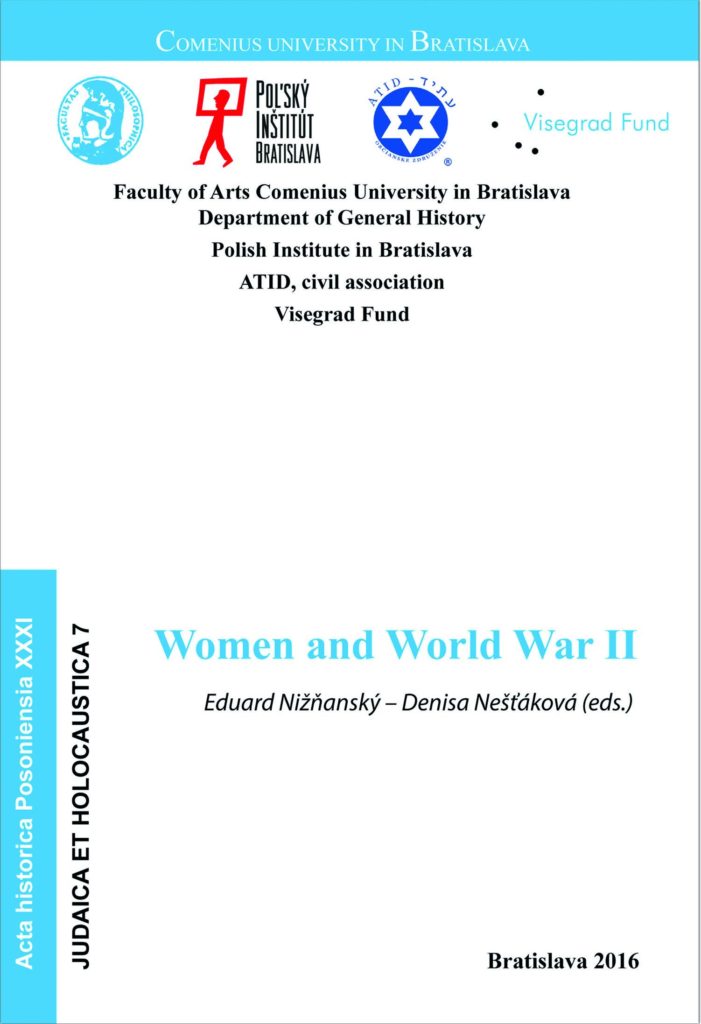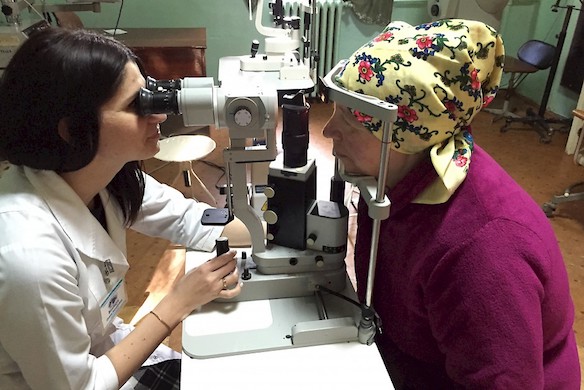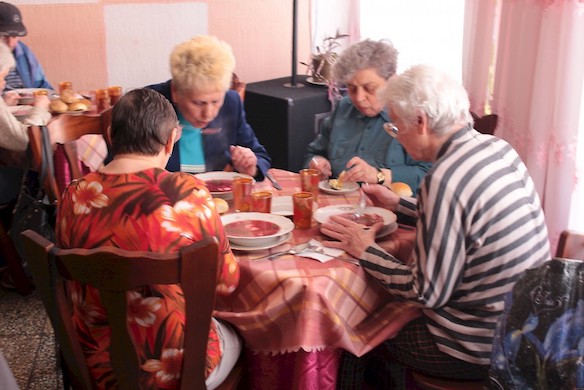The working team “War Graves”, founded by Petra and Holger Klawitter at the European School Rövershagen implemented the project “Jewish Life in Radautz Before, During and After the Holocaust” in close cooperation with the Andronic Motrescu College from Rădăuți. On July 4, 2017 I had the privilege to meet Petra, Holger and a few of their pupils in Rövershagen close to the Hanseatic City of Rostock.
The outstanding gifted and dedicated couple, both of them history teachers at the European School Rövershagen, not only founded the working team itself but also erected the rewarded “Holocaust Memorial Railway Wagon” on the school campus. For the implementation of the ongoing project, in March 2017, a small advance team conducted interviews with Holocaust survivors from Rădăuți in Israel. On July 6, 2017 the entire working team set forth on their journey (by bus) to Rădăuți.
In Rădăuți they joined their Romanian counterparts and the entrire working team – assisted by Bondy and Sidi Stenzler (rear row, 2nd and 3rd from left) set to work. Over the course of this very complex biennial project different suboperations will be effected, such as research works at the archives, interviews with the local population, maintenance works at the Jewish Cemetery, installation of a memorial plate inside of the Temple, presentation of a photo exhibition, printing of a comprehensive bilingual brochure in German and Romanian, and much more.


Romanian Media Coverage:
Monitorul de Suceava, July 18, 2017
NewsBucovina, July 17, 2017
Each and any assistance is highly appreciated. Donation account:
Förderverein “Verbundene RegS und GY Rostocker Heide e.V.”
IBAN: DE30130500000295001160
BIC: NOLADE21ROS
Verwendungszweck: AG Kriegsgräber


























































